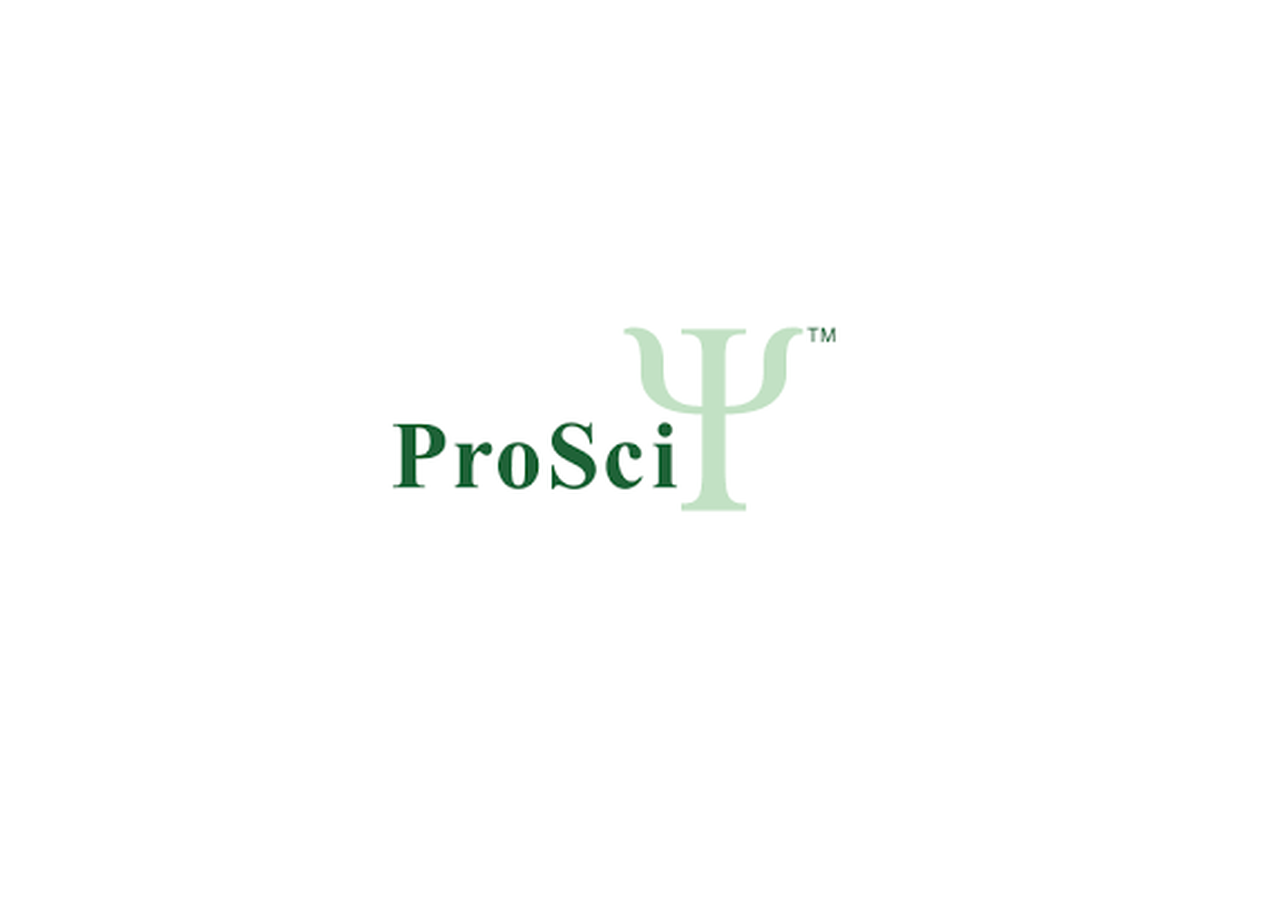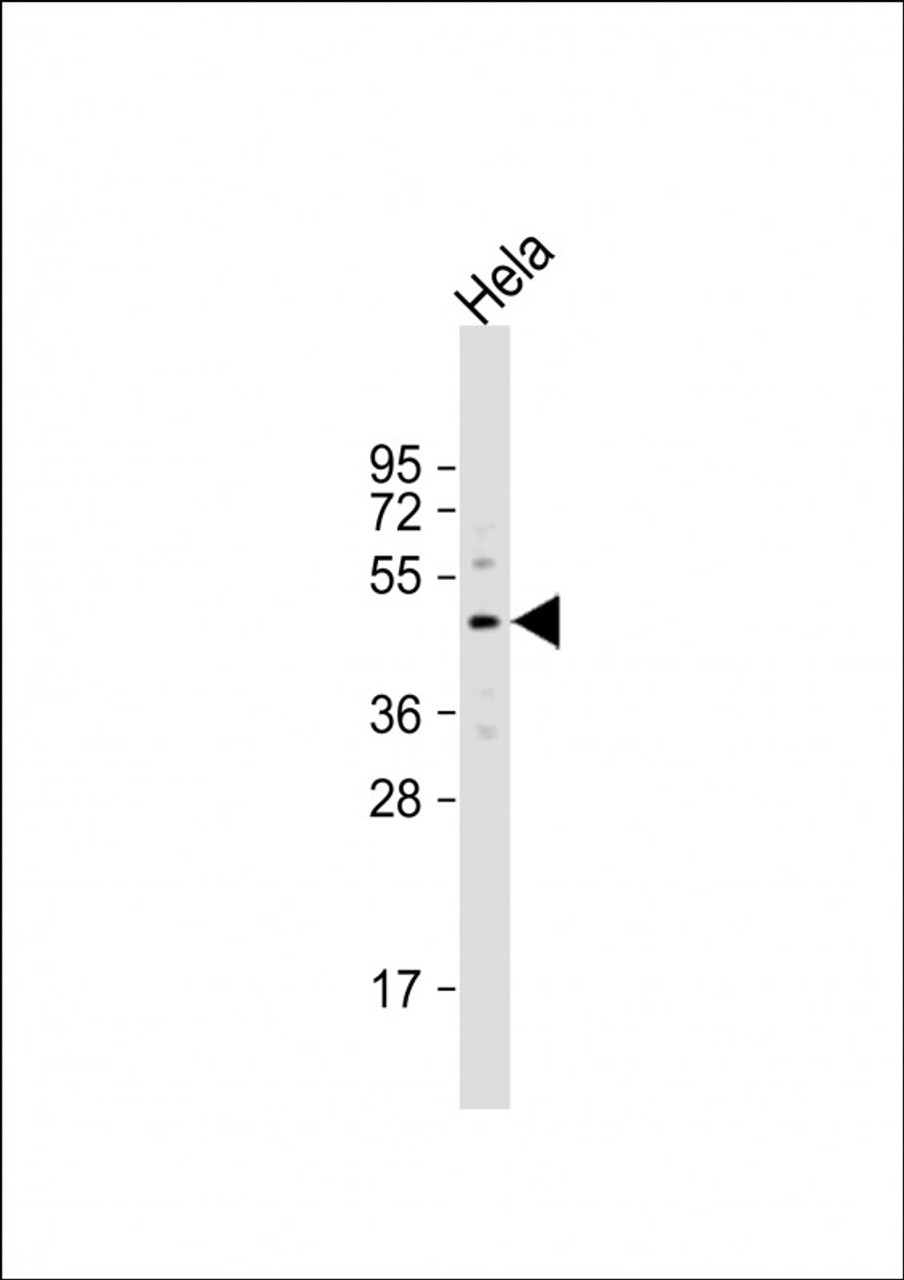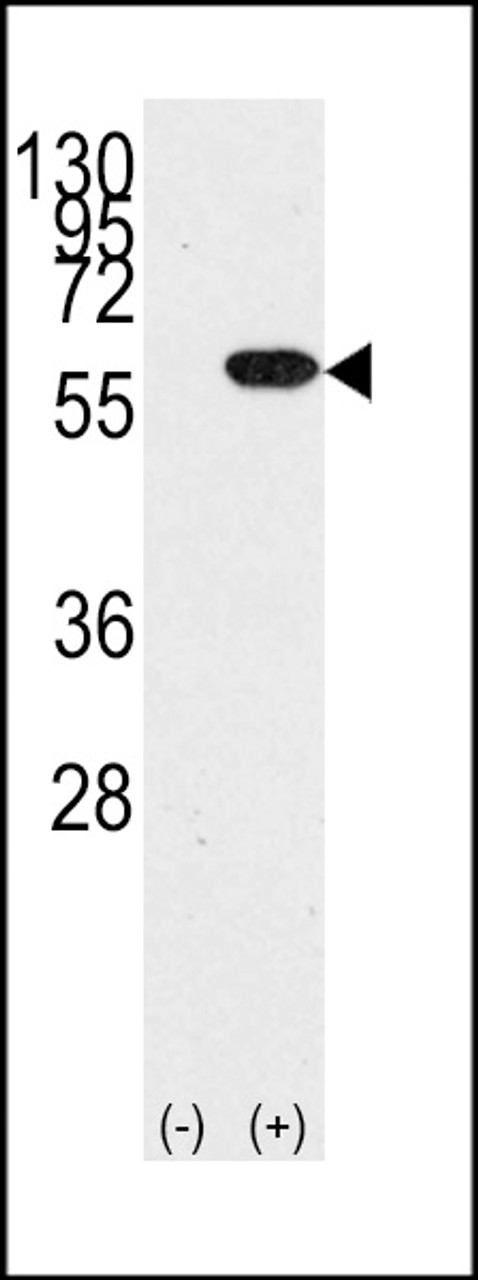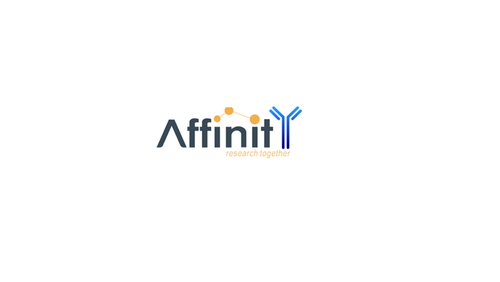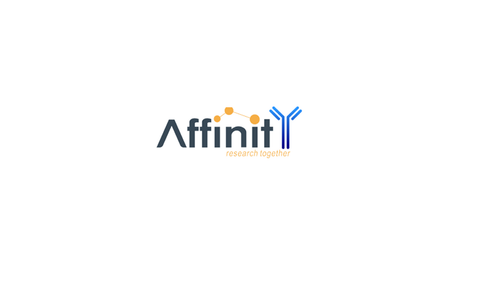Product Description
YB1 Antibody | 62-231 | ProSci
Host: Rabbit
Reactivity: Human
Homology: Predicted species reactivity based on immunogen sequence: Xenopus, Bovine, Chicken, Mouse, Rabbit, Rat
Immunogen: This YB1 (YBX1) antibody is generated from rabbits immunized with a KLH conjugated synthetic peptide between 58-87 amino acids from the N-terminal region of human YB1 (YBX1) .
Research Area: Cell Cycle, Signal Transduction
Tested Application: WB
Application: For WB starting dilution is: 1:1000
Specificiy: N/A
Positive Control 1: N/A
Positive Control 2: N/A
Positive Control 3: N/A
Positive Control 4: N/A
Positive Control 5: N/A
Positive Control 6: N/A
Molecular Weight: 36 kDa
Validation: N/A
Isoform: N/A
Purification: This antibody is prepared by Saturated Ammonium Sulfate (SAS) precipitation followed by dialysis
Clonality: Polyclonal
Clone: N/A
Isotype: Rabbit Ig
Conjugate: Unconjugated
Physical State: Liquid
Buffer: Supplied in PBS with 0.09% (W/V) sodium azide.
Concentration: batch dependent
Storage Condition: Store at 4˚C for three months and -20˚C, stable for up to one year. As with all antibodies care should be taken to avoid repeated freeze thaw cycles. Antibodies should not be exposed to prolonged high temperatures.
Alternate Name: Nuclease-sensitive element-binding protein 1, CCAAT-binding transcription factor I subunit A, CBF-A, DNA-binding protein B, DBPB, Enhancer factor I subunit A, EFI-A, Y-box transcription factor, Y-box-binding protein 1, YB-1, YBX1, NSEP1, YB1
User Note: Optimal dilutions for each application to be determined by the researcher.
BACKGROUND: YBX1 binds to splice sites in pre-mRNA and regulates splice site selection. This protein binds and stabilizes cytoplasmic mRNA and contributes to the regulation of translation by modulating the interaction between the mRNA and eukaryotic initiation factors. It binds to promoters that contain a Y-box (5'-CTGATTGGCCAA-3') , such as HLA class II genes. It regulates the transcription of numerous genes and promotes separation of DNA strands that contain mismatches or are modified by cisplatin. It has endonucleolytic activity and can introduce nicks or breaks into double-stranded DNA (in vitro) , and it may play a role in DNA repair.
 Euro
Euro
 USD
USD
 British Pound
British Pound
 NULL
NULL

